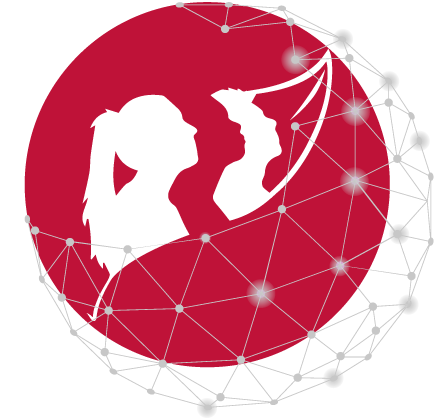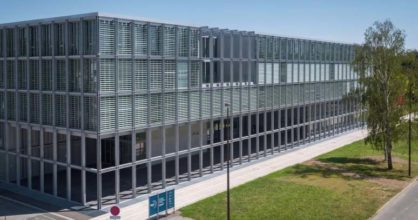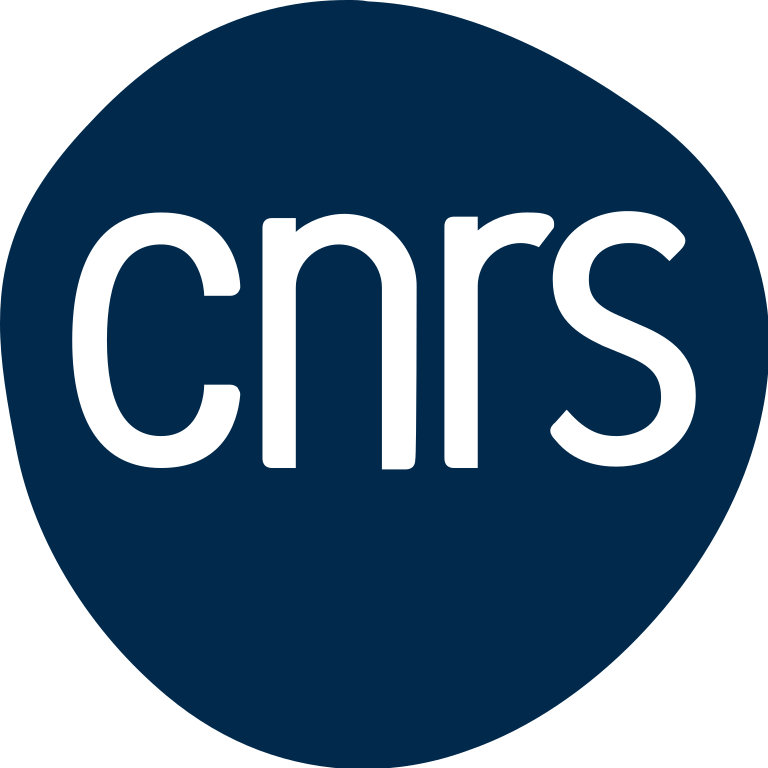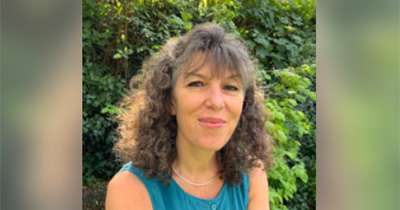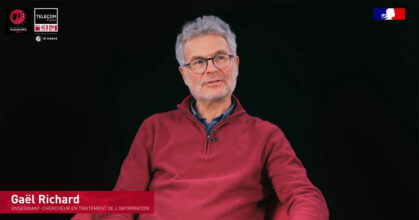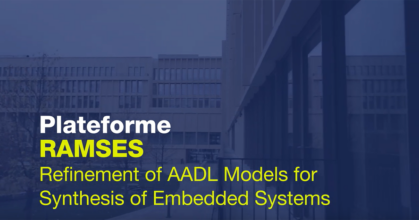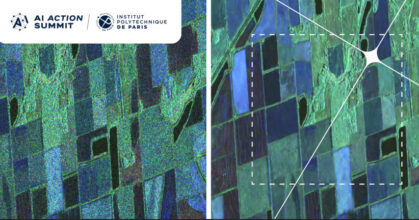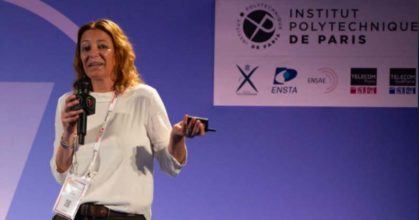The CREST is a joint laboratory (UMR CNRS 9194) on quantitative methods applied to the social sciences, between CNRS, ENSAE Paris, ENSAI Rennes, the Economics dept. at Ecole polytechnique, and the Economics & Social Science dept. at Télécom Paris.
The i3 (« i-cube ») laboratory is a CNRS joint research unit (UMR CNRS 9217) between Mines Paris, École Polytechnique, and the Economics and Social Science department at Télécom Paris.
The LTCI is accredited for the quality of its partnership-based research as part of Institut Carnot Télécom & Société Numérique, in which Télécom Paris is a member. The lab’s research units have been recognized by the HCÉRES for their excellence, through their « outstanding scientific production in both quality and quantity.”
Contacts
CREST and i3
CNRS joint research units
- David BounieHead of the Economic and Social Sciences DepartmentTélécom Parisemailemail
Information Processing and
Communication Laboratory (LTCI)
- Talel AbdessalemDirector of Research, Director of the LTCITélécom Parisemailemail
Latest news

Florence Tupin distinguished by IEEE Geoscience and Remote Sensing Society
Faculty Members, Modeling — 27/03/2025She develops innovative image processing and analysis methods, with recognised expertise in [...]
[Ideas] Sound revolution and machine listening
Data Science & AI, Faculty Members, Modeling — 14/03/2025Gaël Richard, "Hi-Audio": How does the machine learn to listen and create?
RAMSES platform, mission-critical real-time embedded systems
Digital Trust, Faculty Members — 10/03/2025RAMSES offers an AADL (Architecture Analysis and Design Language) compiler, a standardized language used [...]
“Denoising” radar satellite images with AI (IP Paris)
Data Science & AI, Faculty Members — 07/02/2025Florence Tupin uses deep learning to obtain images cleared from the fluctuations inherent in radar [...]
Paris-Saclay Cancer Cluster & IP Paris
Faculty Members, Innovation — 05/02/2025Elsa Angelini, professor at Télécom Paris, specialist in medical image computing, is IP Paris' academic correspondent for the [...]
